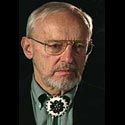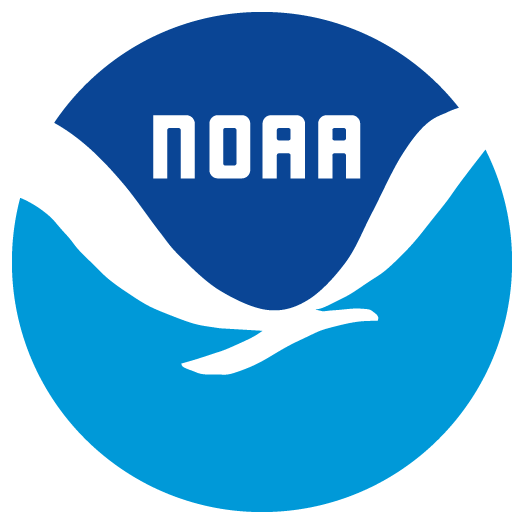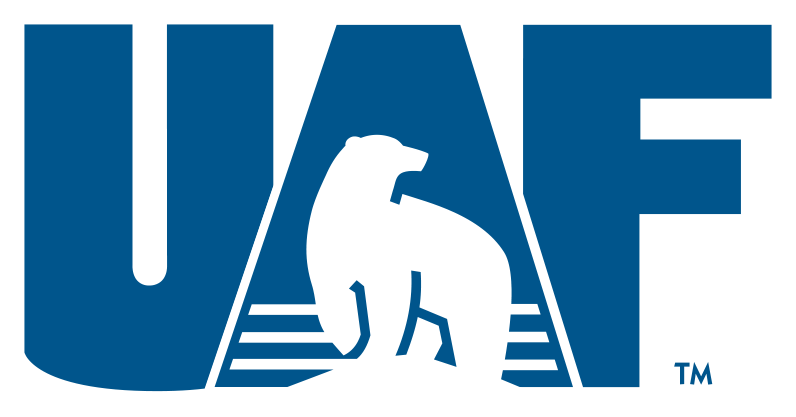Panelists for "EVOS: A Time of Creative Opportunities"
Alaska Sea Grant Legal Research Team for EVOS
assembled after the Exxon Valdez oil spill, 1989–1990
Harry R. Bader

Harry Bader is founder and Chief Executive Officer of the Betula Group, a private consulting firm specializing in resource management issues in physically and socially challenging environments. His company has assisted with ecological restoration of wetlands in Iraq and helped draft new rules for regulating energy exploration in the arctic. He recently served in a U.S. government–sponsored democracy promotion activity in Tajikistan and Ukraine. A graduate of Harvard University Law School, Bader served as a tenured professor at the University of Alaska Fairbanks from 1988 through 2001. In 1989–1990, he served on the Alaska Sea Grant Legal Research Team, assembled after the Exxon Valdez oil spill to identify legal tools the State of Alaska could employ to strengthen its oversight of marine transport of hazardous substances. Recommendations provided in the ASG report influenced content of the federal Oil Spill Act of 1990. Bader later joined the Alaska Department of Natural Resources as Northern Region manager, overseeing oil and gas exploration, infrastructure development, habitat conservation, and wilderness recreation activity on 40 million acres of North Slope and Interior Alaska state-owned lands. Bader currently is a doctoral candidate in quantitative ecological modeling at Yale University School of Forestry. He and his wife divide their time between homes in Fairbanks, Alaska, and Washington, DC.
Zygmunt J.B. Plater

Zygmunt Plater is Professor of Law at Boston College Law School, where for more than 25 years he has taught and conducted research in environmental, property, land use, and administrative agency law, with emphasis on environmental protection and land use regulation. In the 1970s, he served as petitioner and lead counsel in the endangered species litigation over the Tennessee Valley Authority's Tellico Dam, representing the endangered snail darter [fish], farmers, Cherokee Indians, and environmentalists in the Supreme Court of the United States and also testified before federal agencies and in congressional hearings. In 1989–1990, Plater was chairman of the Alaska Sea Grant Legal Research Team, assembled after the Exxon Valdez oil spill to identify legal tools the State of Alaska could employ to strengthen its oversight of marine transport of hazardous substances. The ASG research shaped the legal recommendations included in the final report of the governor-appointed Alaska Oil Spill Commission, which in turn was relied upon by the Alaska Legislature to revamp state regulations and citizen oversight of marine transport of hazardous substances. Plater is lead author of the book, Environmental Law and Policy: Nature, Law, and Society, now in its third edition, and several of his scholarly articles have been cited in U.S. Supreme Court decisions.
Alison Rieser

Alison Rieser is the Dai Ho Chun Distinguished Chair in Arts and Sciences at the University of Hawai'i at Manoa. Her specialties include marine fisheries management and conservation law and policy; application of science in ocean management; and marine environmental history. Rieser holds law degrees from Yale Law School and George Washington University. From 1988 to 2006 she was Professor of Law at the University of Maine School of Law, where she taught ocean and coastal law, environmental law, marine fisheries law, and legislative process. Before that, Rieser was a postdoctoral fellow in marine policy and ocean management at the Woods Hole Oceanographic Institution. In 1989–1990, she served on the four-person Alaska Sea Grant Legal Research Team, assembled after the Exxon Valdez oil spill to identify legal tools the State of Alaska could employ to strengthen its oversight of marine transport of hazardous substances. She recently authored "Prescriptions for the Commons: Environmental Scholarship and the Fishing Quotas Debate," published in the Harvard Environmental Law Review and reprinted in the International Library of Essays in Law and Legal Theory, Environmental Law.
Ralph Johnson

Ralph Johnson (deceased 1999) was Professor of Law at the University of Washington Law School. Johnson was long acknowledged as perhaps the nation's top expert on Indian rights. Over four decades, his scholarship helped shape state and federal court decisions and policies on natural resources and Indian rights. His articles were directly cited in several important U.S. Supreme Court decisions, including the landmark decision to grant fishing rights to the Puyallup Tribe in the Pacific Northwest. In 1989–1990, Johnson served on the four-person Alaska Sea Grant Legal Research Team, assembled after the Exxon Valdez oil spill to identify legal tools the State of Alaska could employ to strengthen its oversight of marine transport of hazardous substances. He cofounded and was Faculty Chair of the Center for Environmental Law and Policy at the University of Washington. His publication activities include coauthorship of Cleaning Up Europe's Waters: Economics, Management, and Policies, and Felix Cohen's Handbook of Federal Indian Law.
Additional panelists
Charles "Charlie" Cole

Charlie Cole practices law in Fairbanks, Alaska. He served as an assistant attorney general for the Territory of Alaska in 1954–1955 and as attorney general under Governor Wally Hickel in 1990–1994. Under Hickel, Cole personally negotiated with Exxon president, Lee Raymond, in the $1 billion settlement of state and federal criminal and civil lawsuits over the Exxon Valdez oil spill. He was a member of the Exxon Valdez Oil Spill Trustee Council (EVOSTC) in the early 1990s and spearheaded its $39-million purchase of 42,000 acres of sensitive habitat on Afognak Island near Kodiak, one of several land purchases by EVOSTC aimed at protecting undamaged coastal habitat. The Alaska representative of the Sierra Club at the time said that she perceived in Cole a "great love for Alaska wildlands and a sincere desire to respond to the wishes of the Alaskan public." Cole recently served on the board of directors of the Alaska Gasline Port Authority.
John Havelock

John Havelock arrived in Alaska in the mid-1950s after receiving his law degree from Harvard Law School and serving as a White House Fellow. He accepted the post of deputy attorney general, and later served as Alaska attorney general under Governor Bill Egan in 1970–1973, during the early phase of construction of the Trans-Alaska Oil Pipeline System. Havelock provided legal council for Alaska Natives before and after passage of the Alaska Native Claims Settlement Act (ANCSA) of 1971, and as attorney general he oversaw Alaska's role in enactment of ANCSA. Havelock is a strident advocate that the State of Alaska must exercise strong authority and leadership in development of the state's energy resources, given the strong influence exerted by national interests and authority. After EVOS, Havelock worked closely with the Alaska Sea Grant Legal Research Team and the Alaska Oil Spill Commission to ensure that the Alaska State Legislature fully exercised its statutory power to strengthen state oversight of the oil transport system. Today he advocates that the proposed Alaska natural gas pipeline be an integral component of a comprehensive national energy policy. While supportive of the gas pipeline concept, he also stresses that the State of Alaska must take firm steps to protect the Alaska Native culture and environment from potential adverse impacts of gas line construction and operation. Over the past nine years, Havelock has written a political commentary column for the Anchorage Daily News; founded the Anchorage chapter of the advocacy group Democracy for America; and served as a professor of justice at the University of Alaska Anchorage.
Walter B. Parker

Walt Parker is president of Parker Associates, Inc. in Anchorage, Alaska. Parker is primarily known for his work in Alaska transportation, fisheries, telecommunications, land use planning, and oil spill response. He has worked extensively on the Alaska Native Claims Settlement Act, Trans Alaska Pipeline Act, Magnuson-Stevens Fishery Conservation and Management Act, Alaska National Interest Lands and Conservation Act, the Oil Pollution Act of 1990, and other major federal legislation affecting Alaska. In 1989 Governor Cowper appointed Parker as Chairman of the Alaska Oil Spill Commission, charged with examining the causes of the wreck of the Exxon Valdez and the failure of the response system. The Commission's final report included the Alaska Sea Grant Legal Team research report. Parker became Chair of the Alaska Hazardous Substance Spill Technology Review Council, which examined oil spills and other hazardous substance problems in Alaska, and served on the National Research Council's Marine Board Committee on Pilotage and Navigation. Parker also served on the Arctic Research Commission, Arctic Environmental Protection Strategy Working Group, and other commissions. He currently sits on the Prince William Sound Regional Citizens' Advisory Council, the Shipping Safety Partnership, and the advisory committees for Oceana and the Oceans Foundation. In 2002, the Alaska Conservation Foundation honored Mr. Parker with its Lifetime Achievement Award.


